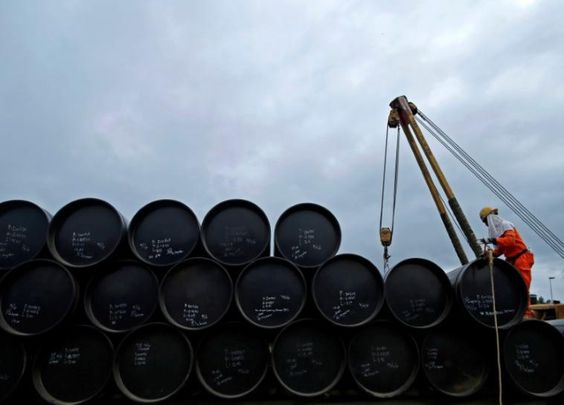Asian stock markets were generally weaker in holiday-thinned trading on Monday, as uncertainty over the economic impact of the Omicron coronavirus variant weighed on investor sentiment.
U.S. airlines have cancelled or delayed thousands of flights over the past three days due to COVID-19-related staff shortages, while several cruise ships had to cancel stops after outbreaks on-board.
In Asia, China reported its highest daily rise in local COVID-19 cases in 21 months over the weekend as infections more than doubled in the northwestern city of Xian, the country’s latest COVID hot spot.
Mainland Chinese shares, though, were mixed, with Shanghai’s benchmark sliding 0.37% but an index of blue chips edged 0.05% higher.
Australia, Hong Kong and Britain are among markets closed Monday for holidays.
“There is concern over the widening spread of the Omicron variant, which is overall making people cautious about taking stocks higher” in Japan, said a market participant at a Japanese securities firm.
Wall Street trading resumes later in the global day following a holiday on Friday. U.S. stocks closed at records on Thursday amid signs Omicron may cause a milder level of illness, even as the highly transmissible strain led to a surge in case numbers around the world.
In the foreign exchange markets, the U.S. dollar continued to languish near the bottom of its range of the past month against a basket of major peers, after hitting a 16-month high in November as Federal Reserve policymakers turned more hawkish.
Thet flat at 96.116, towards the bottom of the range from 95.544 to the 16-month peak at 96.938 reached on Nov. 24.
In the crude market, U.S. West Texas Intermediate futures fell 59 cents to $73.20 a barrel. The contract did not trade on Friday because of the U.S. market holiday.



















